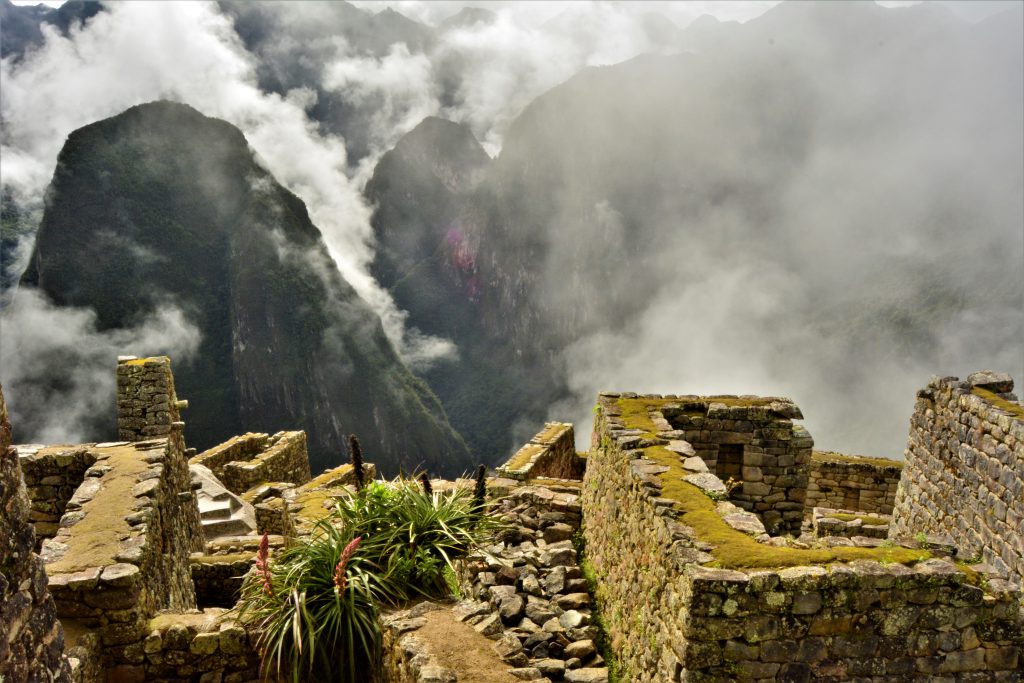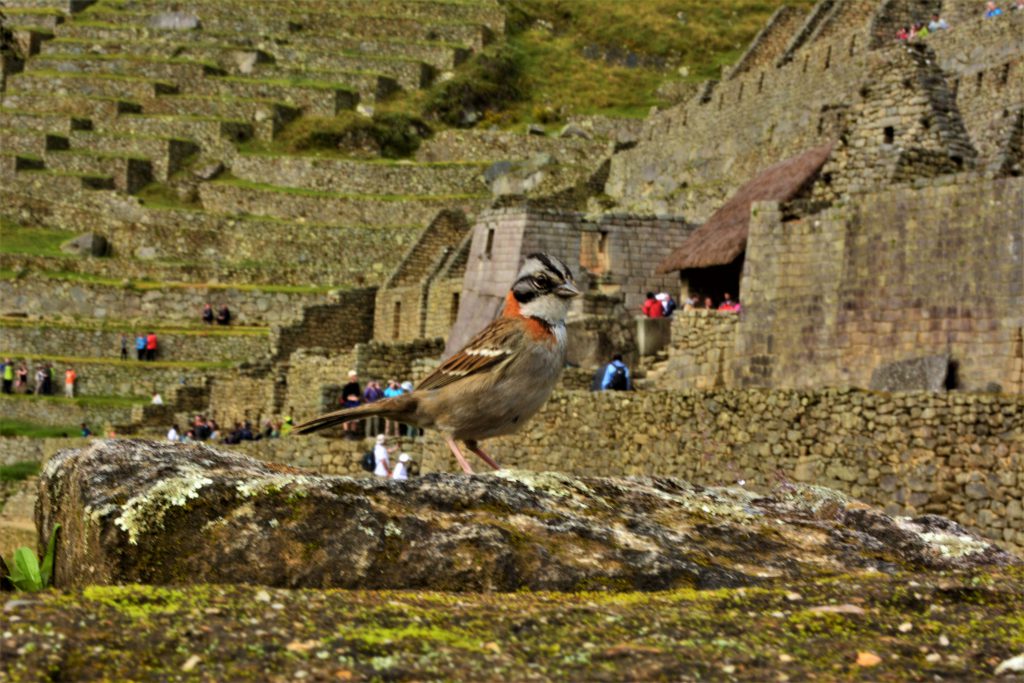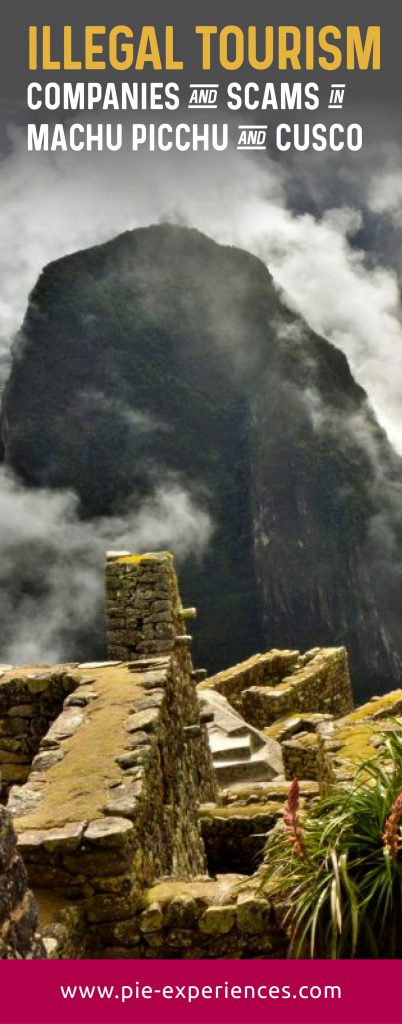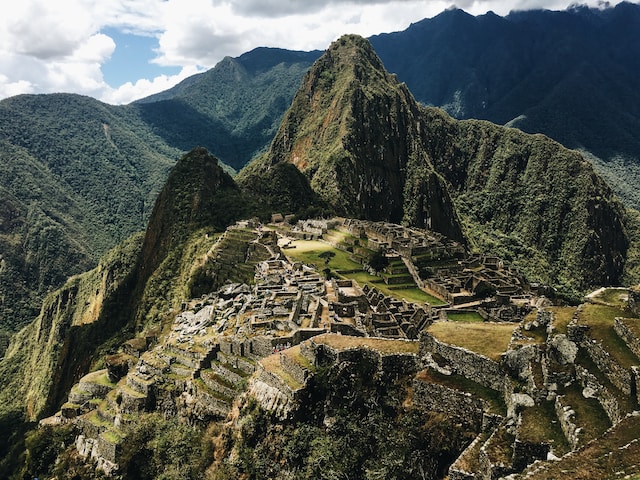Are There Many Scams in Machu Picchu? What Travelers Need to Know
If you’re planning a trip to Machu Picchu, you might be wondering: “Are there many scams in Cusco and Machu Picchu?” Unfortunately, as a popular tourist destination, some travelers do fall victim to fraud and unethical practices.
While most tour companies in Cusco are legitimate, there are scams you should be aware of—from fake tour agencies to overpriced taxi rides and counterfeit tickets. The good news? By knowing what to watch out for and taking a few precautions, you can easily avoid these traps and enjoy a stress-free trip.
In this guide, we’ll cover the most common scams in Machu Picchu and Cusco, plus practical tips to help you travel safely. Keep reading to stay informed and protect yourself from becoming an unwitting victim.
The Allure of Cusco: A City of History, Beauty, and… Scams?
Cusco is a city that captivates visitors for many reasons. Perhaps it’s the breathtaking blend of Incan and colonial architecture, nestled high in the Andes Mountains. Or maybe it’s the city’s proximity to Machu Picchu and the countless archaeological wonders left behind by a civilization that remains only partially understood—one that was nearly wiped out by European conquest over 500 years ago.
Or, for some travelers, maybe it’s the $7 massages.
Whatever the reason, Cusco attracts thousands of visitors every year, serving as both a cultural gem and a gateway to Peru’s most iconic attractions. The city’s orange-tiled rooftops, narrow cobblestone alleys, and hidden courtyards hold endless charm. But they also hide something else—a thriving network of street vendors and unlicensed tour operators.
In the historic center of Cusco, away from the watchful eyes of security cameras, you’ll find these enterprising individuals offering cheap tours to Machu Picchu, Rainbow Mountain, and other famous treks. Their prices are shockingly low, often a fraction of what reputable agencies charge.
When official Machu Picchu tours can cost $450 or more, it’s tempting to grab a deal for just $150. But what’s the real difference between these tours? Why is one so cheap, and what are the risks of choosing the lower price?
Before booking, it’s crucial to understand what you’re really paying for—and what you might be sacrificing. Read on to uncover the reality of budget tour scams in Cusco and how to avoid them.

The Risks of Booking with Unlicensed Tour Operators in Cusco
While tour operators in Cusco do not need special certifications to run a travel business, they are legally required to have a valid operating license. However, the reality is concerning: out of 810 registered tour agencies in the Cusco region, around 650 operate without a license.
Does this automatically mean they will provide a terrible service? Not necessarily. But it does indicate a lack of accountability and an increased risk of unethical or unsafe practices.
Why You Should Avoid Unlicensed Tour Companies
1️⃣ They Often Evade Taxes & Employee Protections
- Many unlicensed operators do not pay taxes, which may not seem like a direct concern for tourists, but it has broader ethical implications.
- These businesses do not contribute to social security for their employees, meaning guides have no health coverage or retirement benefits.
- It also creates unfair competition against responsible agencies that follow legal regulations.
2️⃣ Guides Are Paid on Commission, Not Salary
- Instead of receiving a fair wage, guides working for unlicensed operators rely on upselling tactics during the tour to earn commissions.
- This can lead to aggressive sales pitches rather than a truly enriching experience.
3️⃣ Poor Safety Standards & Subpar Equipment
- Many of these operators cut costs by using old or unsafe equipment and low-quality transportation.
- This is especially concerning for high-risk activities, such as trekking in remote areas or extreme sports like mountain biking.
- Lack of proper safety measures can put your well-being at risk.
4️⃣ Rushed Tours & Unrealistic Itineraries
- Unlicensed agencies often cram unrealistic schedules into their tours, rushing visitors through treks and key sites.
- Their priority is often to finish as quickly as possible rather than ensuring a quality experience.
5️⃣ Higher Risk of Last-Minute Cancellations & No Refunds
- Without a legal framework in place, these operators are more likely to cancel tours with no compensation or refuse refunds if something goes wrong.

How to Avoid Unlicensed Operators
✔️ Check for a Valid License – Ask for proof of their registration with DIRCETUR Cusco (Regional Tourism Authority).
✔️ Research Reviews – Look for agencies with consistent positive feedback on TripAdvisor, Google Reviews, and travel forums.
✔️ Be Skeptical of Cheap Prices – If a deal seems too good to be true, it probably is.
✔️ Book Through Reputable Platforms – Choose agencies recommended by official tourism websites or established travel guides.
While budget travel is possible in Peru, cutting corners on safety and reliability is not worth the risk. Protect yourself by choosing licensed, responsible tour operators for an unforgettable and worry-free experience in Cusco and Machu Picchu.
- Machu Picchu Tours
- Inca trails to Machu Picchu
- Everything you need to know about Machu Picchu
- Peru travel & trips

Practical Steps to Avoid Scams in Cusco & Machu Picchu
✅ Verify That the Operator Has a Legitimate Business
- Check if they have a website, and official contact details.
- Avoid agencies that only operate from social media pages or street corners.
✅ Look for Reviews & Recommendations
- TripAdvisor, Google Reviews, and travel forums are great places to check if the company has a solid reputation.
- Ask other travelers for first-hand recommendations—word of mouth is one of the most reliable ways to find a good tour.
✅ Be Cautious When Booking with Street Vendors
- Not every street hawker is a scammer, but some are. If you choose to book with one:
🔹 Ask them to take you to their office before paying.
🔹 Request a business card and verify their company online.
🔹 Look for official identification or certifications.
✅ Avoid Paying in Cash Without Proof
- Always ask for a written receipt if you pay in cash.
- If possible, use a credit card for added security.
✅ Trust Your Instincts
- If an offer seems too cheap to be real, it probably is.
- If you feel rushed or pressured, walk away.
iPeru
And finally, there is the very useful website iPeru, which is a government-funded initiative dedicated to fair and impartial tourist information and assistance.
This website, designed to combat illegal tour operators and scams in Machu Picchu, allows you look up useful information on the various tourist attractions and tours available in Peru.
It also provides advice and counselling for those tourists who have become victims of the shady practices of illegal tour operators.
It will show if a particular tour operator has a record of complaints.
Combatting scams in Machu Picchu and Peru
It may seem that illegal tour operators are a ceaseless torrent against which the government is being swamped.
And that’s because it kind of is.
The number of illegal operators has only reduced between 3-5 per cent in the past five years.
As soon as one shuts down, it seems another springs up to take its place.
The government is now putting its efforts into convincing illegal operators of the ease and value in ‘going legit’, as opposed to being prosecuted.
The problem is that – with so much competition and such slight profit margins – the extra costs associated with legal compliance is often the straw that drowns the whale.
That is not to say that prosecutions are not taking place either.
The worst offenders receive fines and other penalties.
But the reality seems to be that it is up to the tourist to be discerning in their selection of tour operators in order to avoid the eponymous scams in Machu Picchu.
Therefore, taking the time to check their reputation, their credentials and the quality of their service is highly advisable.
- Machu Picchu Tours
- Inca trails to Machu Picchu
- Everything you need to know about Machu Picchu
- Peru travel & trips
Like it? Pin it!




